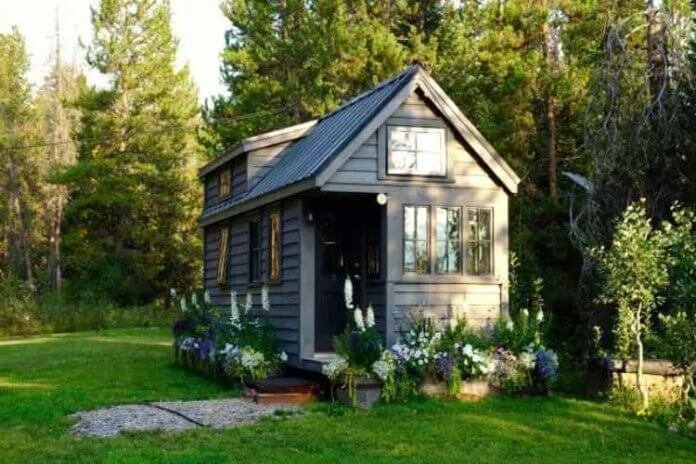
For many people, living off the grid seems like the perfect solution to living a life of freedom and independence. No more bills! No more answering to anyone! But before you pack up your belongings and head out into the woods to live in isolation, make sure you know what you’re getting yourself into. If you dream of leaving it all behind and going off-grid, you should read this first. It’s not all wine and roses, but that doesn’t mean it isn’t worth it!
What does living off the grid mean?
Well, it could mean a lot of things. It means to live in a place where you have no access to public utilities such as running water, electricity, or city sewerage. This is different from camping because camping is usually done for fun, and there are still many luxuries that come with it. Living off the grid has much more disadvantages than camping since you have to worry about not having running water or electricity. However, living off-grid can also be very rewarding because you can save money by using alternative methods and become more dependent on yourself instead of others. As people say, be your hero.
How much does it cost to live off the grid?
A great place to start is figuring out what you’ll need to build your off-grid home. If you’re planning on using solar power, wind power, or a combination of both, make sure you know what type of components they are. Solar panels and wind turbines can cost anywhere from $2,000 to $50,000 (or more). Other than physical materials, you also have to consider time. Buying a home with a sustainable energy system may be cheaper and quicker than building one yourself. Please research existing homes in your area before deciding whether it makes sense to build your system. Asides from these considerations, here are some essential tips for living off the grid:
1) Prioritize saving energy
Our society runs on energy—but if you’re living off grid, you’ll have to prioritize how and when you use it. Here are a few ways to reduce your energy consumption: Install solar panels and choose an off-grid energy source such as wind or hydropower. Choose energy-efficient appliances, lights, and other household items that help use less energy overall. See if your local municipality can hook you up with a net metering plan so you can sell back unused power to local utility companies.
2) The location and size of your home matter
When looking for your off-the-grid home, you’ll want to find a large enough place to provide plenty of storage space and comfort yet small enough to keep heating costs low. Your home can be as small as 500 square feet or larger than 3,000 square feet, depending on where you live. Most homesteaders build their homes from scratch because it can be cheaper to buy land in a rural area and take your time building a house rather than buying an existing property.
3) Power considerations: solar or power
If you want to live off-grid, one of your first considerations will be how you’ll power your home. Depending on where you live, electricity may not be readily available and reliable. Solar is generally seen as your best bet for long-term energy independence in those cases. However, that isn’t necessarily true everywhere—in some areas, it can cost more than just hooking up to an existing grid system.
4) Importance of backup power
Power outages happen all too often, especially in coastal areas and mountainous regions where severe weather can wreak havoc on power lines. A backup solution can save you from spending days in darkness with no television, refrigerator, or phone service.
5) Locate a water supply
Even though you might be in a place where drinking from a stream or lake is acceptable, it’s still smart to have an alternative. You can buy a whole house water filter or purchase individual items like UV filtration systems and water purification tablets that you drop into your water bottle and let dissolve. However, keep in mind that these devices are more of an emergency option and aren’t meant for long-term use.
6) Set up a bathroom and sewage drainage system
You’ll have to install a waste and water pipe in your bathroom and a drainage system that leads away from your home. While you may be tempted to go cheap on these systems, there are some serious health issues to consider.
Conclusion
Living off the grid is not something you can do overnight. You have to set goals and a schedule that works for you. If you will be living off grid, it is a good idea to start learning how to live more self-sufficiently and be more independent of power grids and your local municipal government. It may sound impossible at first, but it is possible in a few years if you’re serious about living off-grid. Start now!











